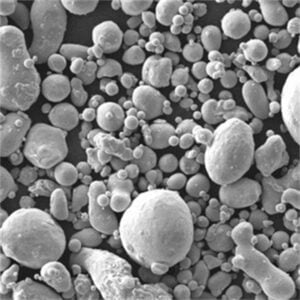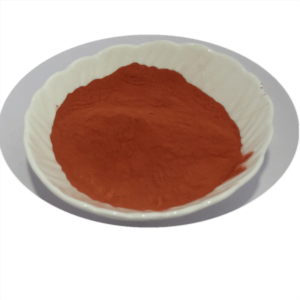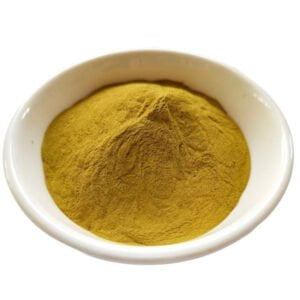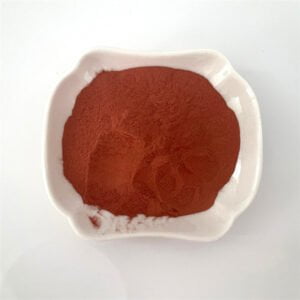Overview
Stainless Steel 431 Powder is a martensitic stainless steel that contains high chromium content with additions of aluminum and nickel to provide optimum corrosion resistance and mechanical properties. Stainless steel 431 powder metallurgy allows fabrication of high performance parts through methods like metal injection molding.
Some key properties and characteristics of stainless steel 431 powder include:
- High hardness and strength
- Excellent corrosion resistance
- Good wear resistance
- High temperature resistance
- Can be used for parts with complex geometries
- Allows modifications through heat treatment
Stainless steel 431 powder can be used across industries like automotive, aerospace, medical, and more due to its versatile properties. This article provides a deep dive into stainless steel 431 powder composition, properties, processing, applications and more.
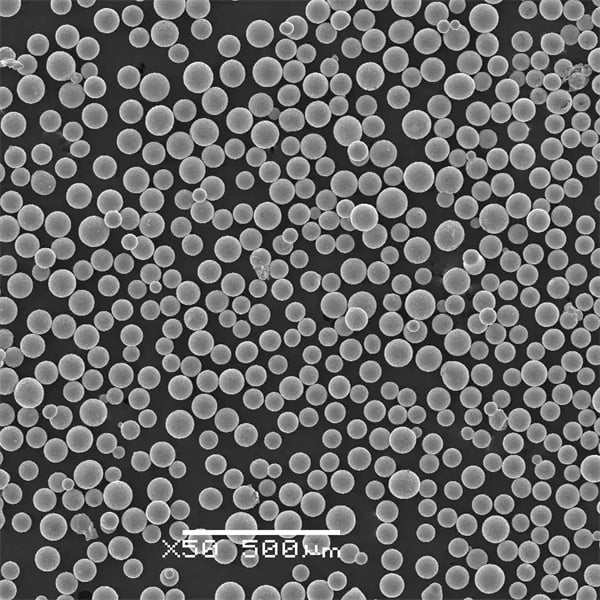
Composition of Stainless Steel 431 Powder
The composition of stainless steel 431 powder is as follows:
| Element | Composition Range |
|---|---|
| Chromium | 14-18% |
| Nickel | 1-2.5% |
| Manganese | 1% max |
| Silicon | 1% max |
| Carbon | 0.20% max |
| Sulfur | 0.030% max |
| Phosphorus | 0.040% max |
| Iron | Balance |
The key alloying elements in 431 stainless steel powder are:
- Chromium: Provides corrosion and oxidation resistance as it forms a protective chromium oxide layer on the steel surface. The 14-18% chromium content offers good corrosion resistance.
- Nickel: Nickel enhances corrosion resistance, improves hardenability and tensile properties. The 1-2.5% nickel in 431 powder aids in increasing hardness through heat treatment.
- Aluminum: Aluminum is added up to 1.25% to attain optimum hardness through heat treatment by facilitating precipitate formation.
The controlled low carbon content along with alloying additions of chromium, nickel and aluminum result in the unique properties of 431 stainless steel powder for high performance parts.
Properties
431 stainless steel powder offers the following physical, mechanical, thermal and chemical properties:
Physical Properties
| Property | SS 431 Powder |
|---|---|
| Density | 7.7 g/cm3 |
| Melting Point | 1400-1450°C |
| Particle size | Typically 10-45 microns |
| Flow rate | Good flowability |
Mechanical Properties
Condition: Annealed at 815°C
| Property | SS 431 Powder |
|---|---|
| Tensile Strength | 485-655 MPa |
| Yield Strength | ≥ 275 MPa |
| Elongation | 12% |
| Hardness | 92 HRB |
Condition: Hardened at 1038°C, Air Cooled and Tempered at 371°C
| Property | SS 431 Powder |
|---|---|
| Tensile Strength | 1300-1800 MPa |
| Yield Strength | 1280 MPa |
| Elongation | 8% |
| Hardness | 44-47 HRC |
Thermal Properties
| Property | SS 431 Powder |
|---|---|
| Coefficient of Thermal Expansion | 9-11 x 10<sup>-6</sup> /K |
| Melting Range | 1400-1450°C |
| Thermal Conductivity | 24-35 W/m.K |
Corrosion Resistance
Excellent resistance to:
- Atmospheric corrosion
- Water and Aqueous Solutions
- Organic Acids
- Sulfur Compounds
- Mild Oxidation and Reduction Environments
Moderate resistance to concentrated nitric acid
Production Methods
Stainless steel 431 powder can be produced through processes like gas atomization, rotary atomization and water atomization.
Gas Atomization
Inert gas like argon or nitrogen is used to atomize the molten metal into fine droplets that solidify into powder particles. Gas atomized stainless steel 431 powder has smooth particle morphology.
Water Atomization
High pressure water jets hit the metal stream and create fine droplets that turn into powder particles on rapid solidification. The powder particle shape is more irregular in water atomization.
Rotary Atomization
A rotating disk is used to centrifugally atomize the molten 431 stainless steel into fine droplets and powder. Particle sizes are slightly higher ranging 25-150 microns.
Microstructure and powder characteristics like flow, density, particle shape and size distribution can be controlled by process parameters in atomization. High purity inert gas, precise temperature control, protective environment and specialized atomization equipment ensure quality 431 stainless steel powder production.
Powder Processing
431 stainless steel powder undergoes a series of steps like degassing, conditioning, mixing and granulation before compacting and sintering to make net shape components.
Degassing: Removes dissolved gases like oxygen to prevent porosity
Conditioning: Powder characteristics like morphology and flow are enhanced through treatments
Mixing: Required composition is achieved by mixing elemental powders
Granulation: Coarse and fine powder particles are granulated for good flow rates
Compacting: Powder is compacted into desired component shapes
Sintering: Heat treatment for bonding powder particles into dense components
Powder size distribution and shape significantly influence the processing behavior. Gas atomized stainless steel 431 powder with particle sizes of 10-45 microns offers optimum properties for processing through metal injection molding where fine complex shaped components are fabricated.
Applications
The applications of stainless steel 431 powder spans across sectors like:
Automotive
- Gears
- Pistons
- Piston rings
- Valves
- Fluid handling parts
Aerospace and Defense
- Turbine components
- Landing gear parts
- Airframe components
Medical
- Surgical instruments
- Implants
Energy
- Nuclear reactor internals
- Steam/gas turbine parts
Chemical Industry
- Valves
- Pumps
- Fluid contact parts
Consumer
- Sporting equipment
The excellent combination of high strength, hardness, wear resistance and corrosion resistance allows stainless steel 431 powder to substitute traditional wrought alloys across these critical application areas.
Net shape precision components with intricate profiles can be manufactured through powder metallurgy techniques like metal injection molding using stainless steel 431 powder as feedstock. This allows lightweight, sustainable parts fabrication.
Comparative Properties
Stainless steel 431 powder stands out in comparison to other popular stainless steel grades:
| Property | SS 431 | SS 316L | SS 17-4PH | SS 420 |
|---|---|---|---|---|
| Strength | Very High | Medium | Very High | Very High |
| Hardness | High | Medium | High | Very High |
| Corrosion Resistance | High | Very High | Medium | Medium |
| Wear Resistance | High | Medium | Medium | Medium |
| Heat Resistance | Excellent | Excellent | Excellent | Fair |
| Machinability | Difficult | Easy | Difficult | Difficult |
| Cost | Medium | High | High | Low |
The high chromium martensitic SS 431 powder provides strength levels similar to precipitation hardening stainless steels. Matching properties at lower alloy costs make 431 stainless an attractive alternative for high performance parts production across industry verticals.
Standards and Certification
Stainless steel 431 powder composition, manufacture and testing adheres to the following standards:
- ASTM A240
- ASTM B299
- AMS 5643
- AMS 5752
- ASTM A276
Reputable 431 stainless steel powder manufacturers and metal powder suppliers have quality management certifications like ISO 9001, IATF 16949, ISO 13485, AS9100D indicating strict international production, inspection and testing standards compliance.
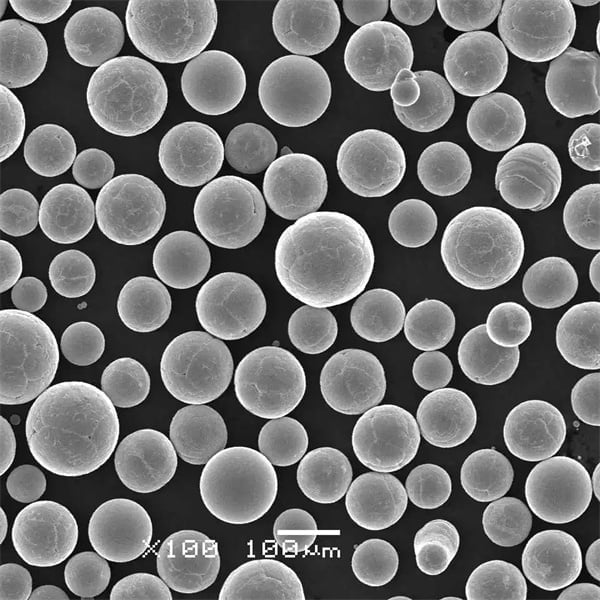
Suppliers and Pricing
Stainless steel 431 powder is available from leading metal powder producers:
| Manufacturer | Powder Grade Available | Particle Size | Price Range |
|---|---|---|---|
| Sandvik | Osprey 431 | 10-45 microns | $25-30/Kg |
| Hoganas | Amperit 431 | 20-63 microns | $22-28/Kg |
| CNPC Powder | 431SS | 15-45 microns | $20-25/Kg |
| Carpenter | Custom 431 | 10-150 microns | $30-40/Kg |
Custom particle size distributions and close powder compositions matching application requirements can be sourced from these global stainless steel powder manufacturers at competitive pricing.
FAQs
Q1: What is Stainless Steel 431 Powder?
A1: Stainless Steel 431 Powder is a powdered form of stainless steel alloy 431. It is typically used in additive manufacturing processes like powder metallurgy, 3D printing, and metal injection molding to create complex parts and components.
Q2: What is Stainless Steel 431 alloy?
A2: Stainless Steel 431 is a martensitic stainless steel known for its corrosion resistance and high strength. It contains a significant amount of chromium and nickel, which make it suitable for various applications.
Q3: What are the advantages of using Stainless Steel 431 Powder?
A3: Some advantages of using Stainless Steel 431 Powder include excellent corrosion resistance, high strength and hardness, and the ability to be used in high-temperature environments.
Q4: What are the applications of Stainless Steel 431 Powder?
A4: Stainless Steel 431 Powder is used in a wide range of applications, including aerospace, automotive, medical devices, oil and gas, and tooling due to its combination of strength, corrosion resistance, and heat resistance.
Q5: Can Stainless Steel 431 Powder be used for 3D printing?
A5: Yes, Stainless Steel 431 Powder can be used in certain 3D printing techniques like selective laser melting (SLM) or binder jetting to create intricate metal parts and prototypes.


